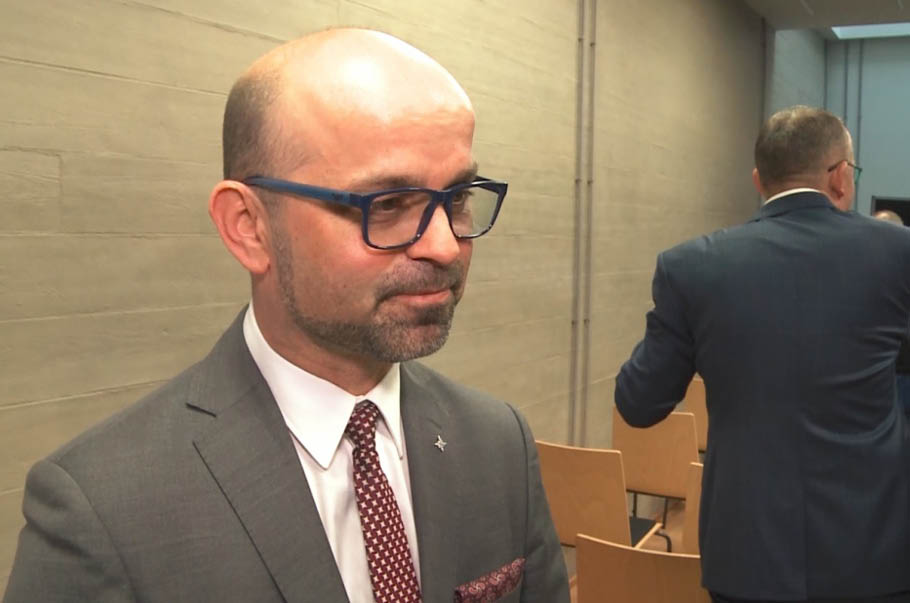“This amended Act means there will be no more boundaries. And this was a huge obstacle. Sometimes we had a great investment project, but it was located in an office building outside the Zone. Now this will not be an obstacle. The large number of qualitative criteria is certainly a good thing. Investors will be given extra points for their cooperation with universities and clusters, as well as for having their own R&D departments. We are glad about this, because this way we can be sure that such investments will be technologically advanced,” explained Janusz Michałek, President of the Katowice Special Economic Zone, in an interview for the Newseria Biznes news agency.
The draft Act is to favour especially the investments which will support the economic development of the region and the country as a whole. Under the Act, which is now being drawn up by the Sejm, investment projects will be able to get up to 10 quality-related points in such areas as scientific development (cooperation with universities, the development of clusters, R&D), structural development (engaging personnel with specialist education, creating well-paid jobs), sustainable development (location is crucial, and additional points can be obtained for supporting small companies and investments in medium-sized towns), and HR development (additional benefits for employees).
“There has been a shift in the approach. It’s no longer enough to provide a good location, even with all the infrastructure, because investors are now very demanding. We must first focus on the personnel and their education. This is a great opportunity but also a tremendous threat for SEZs, because unemployment in Poland is now very low. We no longer care about creating any jobs, but about those highly specialised, highly innovative, and high-tech ones. This is what we are trying to achieve in the Zones, and the amended Act is designed specifically to attract such investments,” the President of the KSEZ emphasised.
The new regulations are to attract the most profitable investment projects. The more technologically advanced the project, the better the chance of attracting the best employees. This can be the answer to the investors’ greatest headache – the shortage of well qualified personnel.
“With 60 permits and PLN 3.5+ bn in direct investment, the previous year was record-breaking for the Katowice SEZ. And this year we will want to keep this momentum. We already have recorded almost PLN 1 bn in investments and issued over a dozen permits. There are some concerns as to whether these new regulations won’t hamper direct investment, but we can see the quality of jobs changing. From several thousand jobs, we went down to a few hundred, but these jobs are of a much higher quality and well paid,” Janusz Michałek said.
source: newseria.pl












